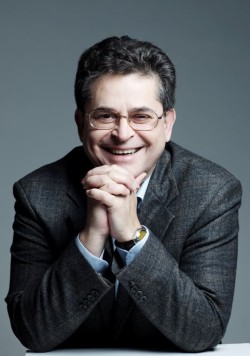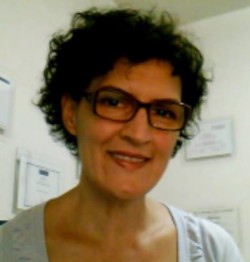Session 6: A Comparative Perspective of the International Reconciliation Models: How Similar, How Different?
Discussion topics:
- Is there a “universal principle” for reconciliation?
- If not, is there at least a “one fits all” set of principles which can be applied in any place, at any time?
- What are the prerequisites for reconciliation? Is the “Truth and Justice” mantra really a necessity for reconciliation to take place?
- Is there a difference when dealing with “old” and “new” post conflict situations?
- Is there a logical “division of labour” between what the state and its institutions should do and the workload of the civil society sector?
- What can CSOs achieve if there is no genuine state support for reconciliation?
- What lessons can we learn from each other and is there any mechanism to enable such an exchange to take place?
Speakers:
Sławomir Dębski‚ Director, The Centre for Polish-Russian Dialogue and Understanding
Nora Ahmetaj‚ Executive Director, CRDP
Andi Balla‚ Albanian Institute for International Studies
Nenad Šebek‚ Executive Director, Center for Democracy and Reconciliation in Southeast Europe (Moderator)




